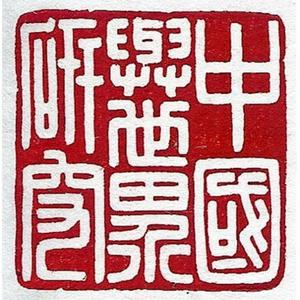Episode 39: EP39 - Putin’s “Turn to the East” in the Xi Jinping Era with Gilbert F. Rozman, Gaye Christoffersen & James D.J. Brown
While most attention has focused on Putin’s aggression in Ukraine, the big story of the past decade has been the reorientation of Russia from Europe to Asia. Centered on China but not limited to it, this abrupt shift made possible Putin’s anti-West behavior. In this book, Rozman, Christofferson, and several contributors present a comprehensive analysis of the turn “east.” Having penetrated the web of censorship in Russia (and China also) to grasp what is said about the actual state of Sino-Russian relations, the authors explain the duality of Russia’s ties to China: together against the US-led order but at odds over reconfiguring Asian regionalism.
The overall message combines two contrasting conclusions: Russia has increasingly joined with China in challenging the existing order in Asia, working to forge what Moscow calls a Greater Eurasian Partnership; and Russia and China have played a cat-and-mouse game of rival strategies that, on all fronts, have been difficult to reconcile. Without grasping this story, it would be difficult to understand why Putin has invaded Ukraine and is threatening the West.
What makes this book exceptional? First, it thoroughly covers four stages in Russian policy and seven directions ranging from Central Asia to the Sino-Russian border to the Korean Peninsula, Japan, India, Southeast Asia, and Mongolia. Second, this is a cohesive, cumulative account of what transpired, not a disparate, edited collection. Third, this book draws heavily on a record of more than 1000 Russian articles over a decade as well as familiarity with the publications from China, Japan, South Korea, and Mongolia. It tells a unique story of how both Sino-Russian relations and Russian thinking toward Asia have evolved, year-by-year through 2022.
This book tells of Russian plans to forge a new architecture across Asia, from North Korea to India, in constant tension with China’s Sinocentric agenda.


